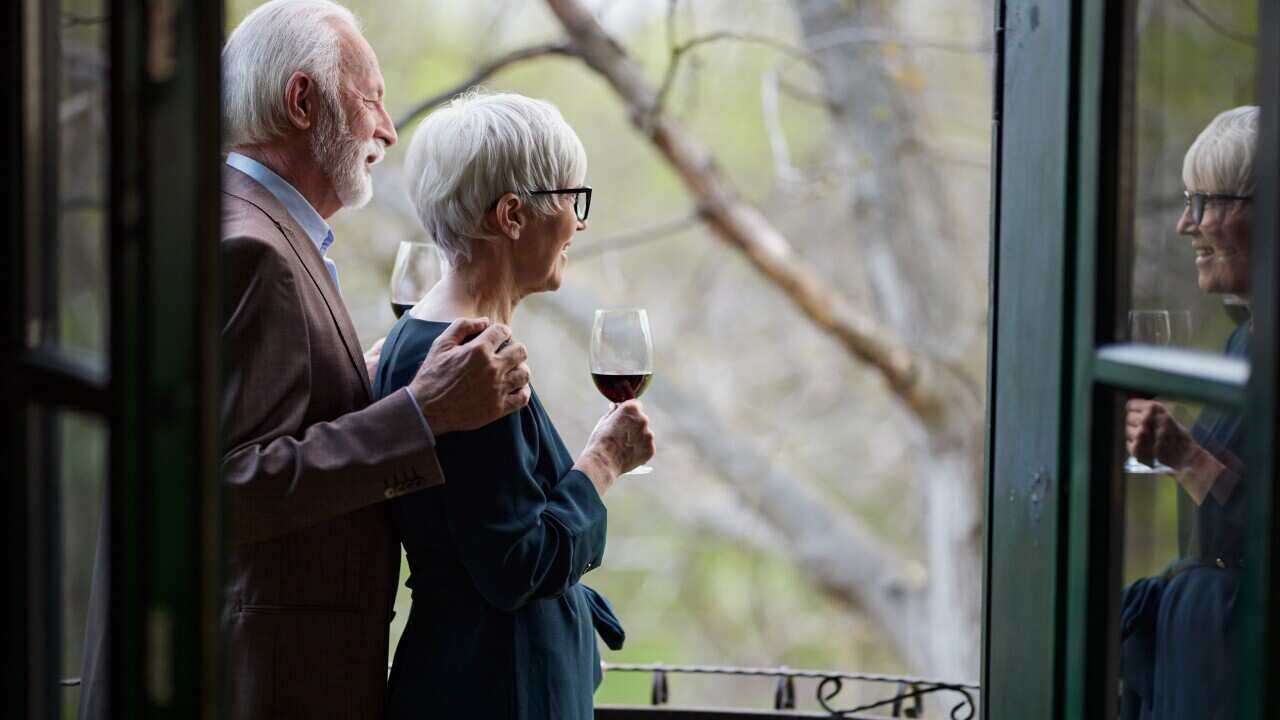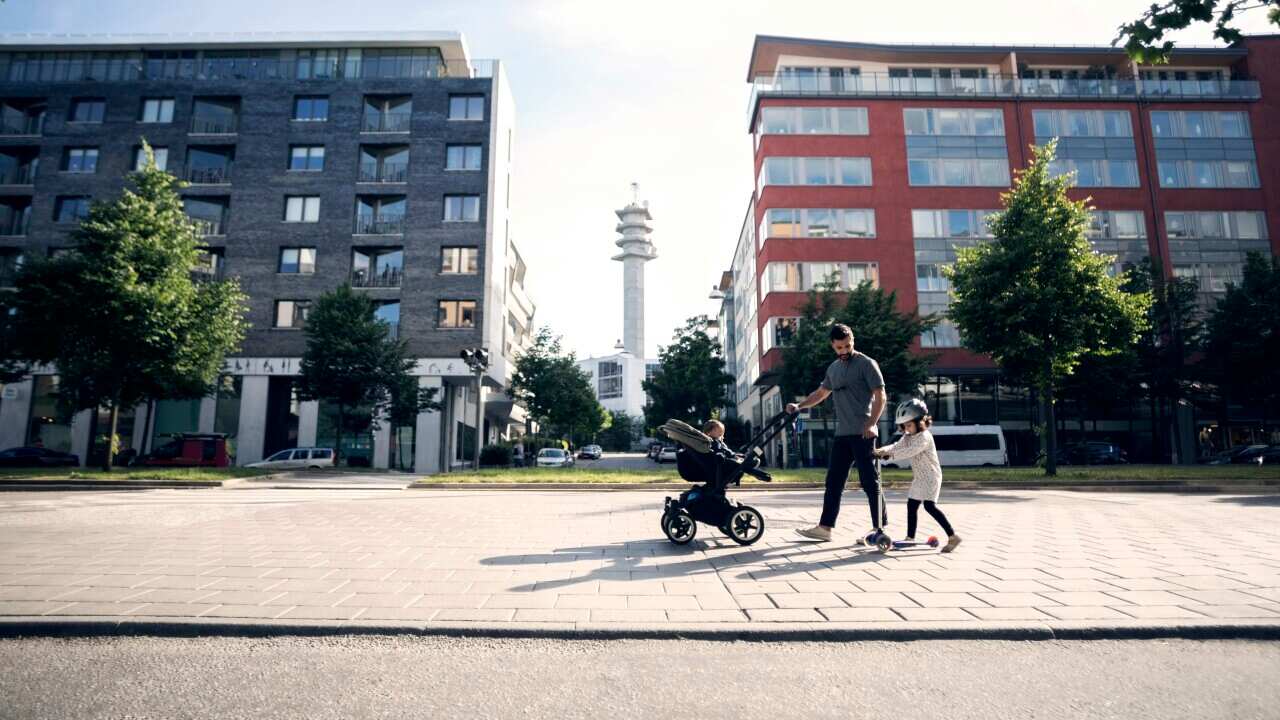TRANSCRIPT:
When Uncle Garry Matthews was an infant, he was taken from his parents by the welfare system.
Born in 1955 as the youngest of five siblings, the Gadigal man says the system treated him unfairly.
"I had an Aboriginal mother and a non-Aboriginal father. And as children, the government of the day, decided it was best for us to live or be removed from our mother - and not be given to our father, but actually removed from our mother."
Uncle Garry says it was quite a process to be subsequently placed with other family members.
"It was my sister next to me and myself. We're going to be separated and going into different homes, or non-Aboriginal homes. And my eldest sister and brother-in-law decided that they would not let that happen and actually take them into their home. They were only married about six months, and all of a sudden, they had a veteran, eight year old and a two year old. So it's suited the system because, you know, we weren't under the radar of welfare and considered neglected or whatever."
It wasn't until 20 years later he got to meet his parents before they passed, and come to terms with how he was not the only Aboriginal child to experience this.
Uncle Garry also says he grew up with the ongoing fear of being taken away again.
"From a very early stage, I've had this understanding of what it was like to hear the word welfare. As a young person, I used to run out the back of their house and run into the bush. When somebody said welfare's here, that was the fear of being removed."
Reconciliation Australia and the University of New South Wales have produced a new collaborative report called 'Coming to Terms with the Past', which identifies the barriers that could exist in the truth telling process for this history of Indigenous child removals, and other government policies.
The report has found that for around half [[53%]] of First Nations respondents, one of the major barriers is the fear of experiencing distress or trauma.
But senior research fellow Anne Maree Payne from U-N-S-W says the report also shows that First Nations communities don't want to speak only on negative experiences.
"First Nations people you know were interested in truth telling to celebrate the resilience and survival of First Nations people. So it's not always about negative things about the past. Sometimes it's about recognising survival and the strength and agency of First Nations people, the activism of significant people in the past. Average Aboriginal and Torres Strait Islander people wanted the diversity of their communities to be recognised in truth telling."
More than half [[60%]] of Indigenous respondents also worried that the truth-telling process might emphasise divisions and differences between First Nations and non-Indigenous Australians.
Aboriginal and Torres Strait Islander respondents say truth-telling is considered an essential step in redefining the relationship with non-Indigenous people and institutions.
Chief executive officer at Reconciliation Australia, Karen Mundine, is from the Bundjalung nation.
"We know that if we do ultimately want to get to a treaty, or we want to address the relationship between First Nations, peoples and other Australians, we have to investigate our past, we have to understand the basis of the relationships that have been in the past, but continue to play out today. Because if we don't, we're going to continue to make the same mistakes, we're going to continue to perpetuate systems that either don't work for First Nations peoples, or in some cases actively exclude us and, and we see that play out time and time again."
Ms Mundine says truth-telling is important for anyone, and says local governments can be play a big role.
"When we talk about local communities, local government has such a huge role to play in this. It's as simple as thinking about why certain places are called what they're called, whether that's just replacing or dual naming with First Nations namings. But also sometimes there are some inappropriate names that are born from a time that we don't live in anymore. And I think we can find better ways and better names to talk about whether it's the suburbs, or the parks or street names."
The report also suggests that the majority of non-Indigenous people are motivated to learn about truth-telling.
Anne Maree Payne says the ultimate hope is that the report can bring First Nations communities and non-Indigenous Australians closer.
"Both First Nations and non Indigenous people wanted truth telling to build a shared understanding of Australian history. Both groups wanted it to improve people's understanding of the impacts of the past on First Nations peoples lives today. They wanted it to contribute to justice for First Nations people so so they will some shared understandings."
Uncle Garry's experience of the welfare system has inspired him to spend decades advocating for truth-telling, so non-Indigenous people can understand the impact of past policies.
He says it's important we all learn from past mistakes.
"Aboriginal and Torres Strait Islander people have been extremely affected by past government legislations and policies for the past 80 years. And we're still feeling the effects of those policies and legislations. If we don't speak the truth and hitting the faces of people that make decisions, nothing could change."













